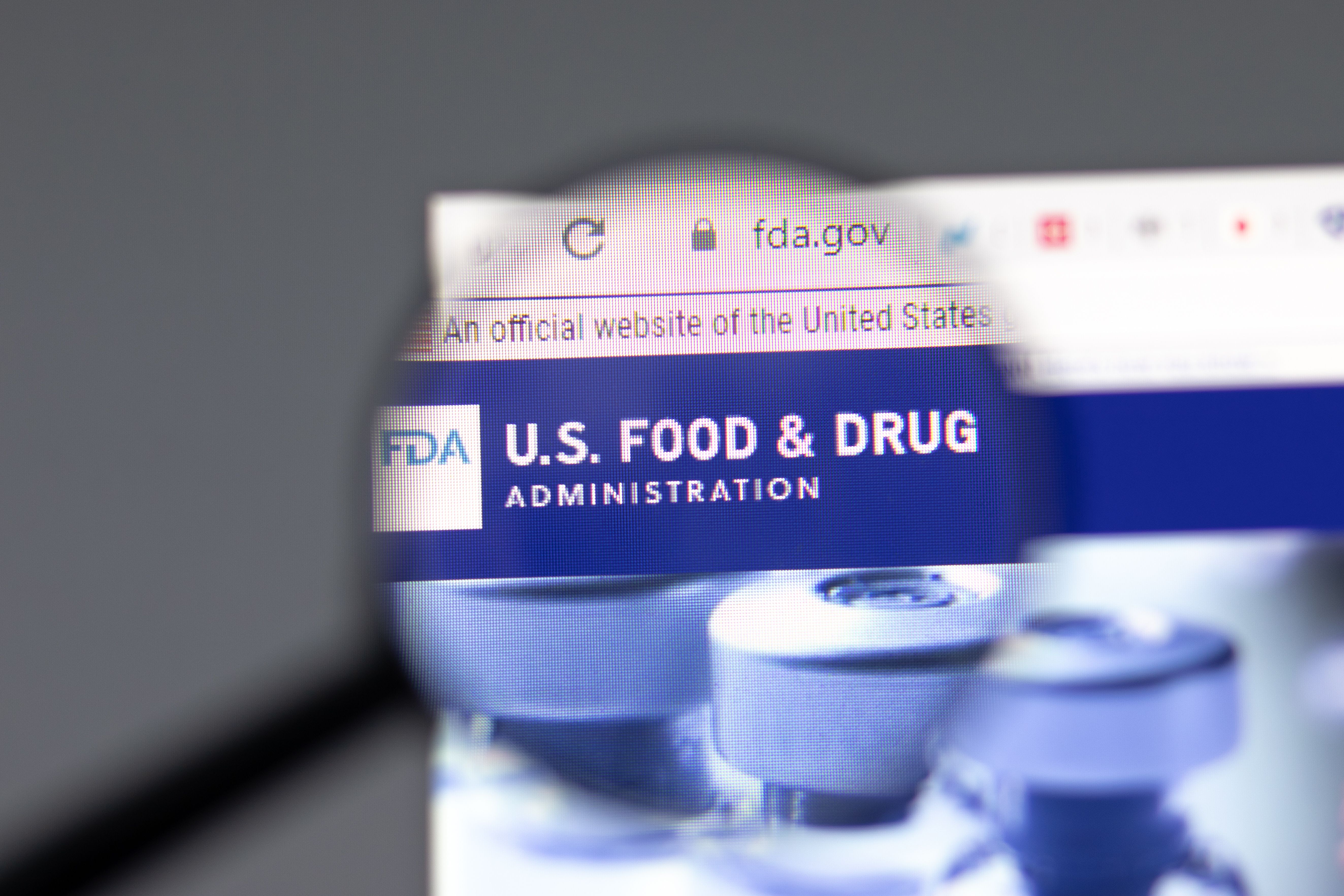Article
Drug Diversion and Abuse: Operation Medicine Cabinet
Author(s):
A recent safe disposal prescription initiative in Florida should serve as a guide for other counties throughout the country to help curb prescription drug diversion.
John Burke, commander of the Warren County, Ohio, drug task force and retired commander of the Cincinnati Police Pharmaceutical Diversion Squad, is a 40-year veteran of law enforcement. Cmdr Burke also is the current president of the National Association of Drug Diversion Investigators. For information, he can be reached by e-mail at linkEmail('burke','choice.net');[email protected], via the Web site www.rxdiversion.com, or by phone at 513-336-0070.
Sgt Lisa McElhaney of the Broward County Sheriff's office in Florida recently made one of her ideas a reality in her home state. This idea addresses a key drug diversion problem that is affecting our youth and making prescription drug abuse one of the main substance problems with our teenagers. Her idea takes a positive step with the community and industry in reducing unused prescription drugs in our nation's medicine cabinets. In fact, it is appropriately called "Operation Medicine Cabinet."
The Broward County Sheriff's office, in conjunction with the United Way of Broward County Commission on Substance Abuse, solicited several retail pharmacy chains to accomplish a voluntary prescription drug return to sheriff's deputies at 5 strategic community locations throughout the county. CVS, Walgreens, and Wal-Mart all participated in this landmark operation, supplying $5 gift certificates to anyone dropping off the unused pharmaceuticals to law enforcement.
Because of Drug Enforcement Administration regulations, this kind of operation would normally be difficult, if not illegal. The drugs were turned in to law enforcement officers with no questions asked, however, and were processed as abandoned property. The pharmaceuticals were sealed and marked as any other property turned over to the Broward County Sheriff's office, destined for proper destruction, and gone from southern Florida medicine cabinets and no longer available for abuse and diversion.
This operation has been so successful that additional operations are already being planned—perhaps every other month. This also has spurred bordering communities to contact Sgt McElhaney to find out how they could bring this same program to their backyards.
If you have been reading my articles over the past 2 months, you already know that our youth have learned that one of their most lucrative supplies of drugs is quite possibly found in their own medicine cabinets. In addition, other invited guests to our homes—friends, relatives, delivery drivers, carpet layers, painters, and a host of others too numerous to mention—may rifle our medicine cabinets to feed addictions and/or make a profit.
The other important part of this very positive story is that Sgt McElhaney did not try to do this alone. She reached out to the community and to the private industry in order to ensure success. The United Way and CVS, Walgreens, and Wal-Mart pharmacies were the perfect partners for the Broward County Sheriff's office to collaborate with in this groundbreaking effort.
Law enforcement prevention efforts are oftentimes very difficult to measure, and this one is likely no different. I do not think it is much of a stretch, however, to say that Operation Medicine Cabinet can very likely impact a number of households in reducing the abuse of prescription drugs and can possibly save a life or 2 in the process.
So what did we all learn here? Sometimes the simplest ideas can have the largest impact on a real problem in America. Sgt McElhaney, the United Way, CVS, Walgreens, and Wal-Mart all joined together to make it happen. They should all be given the recognition they deserve, and this should be a challenge to counties and neighborhoods across the United States to attempt their own Operation Medicine Cabinet and maybe save a life in the process.






